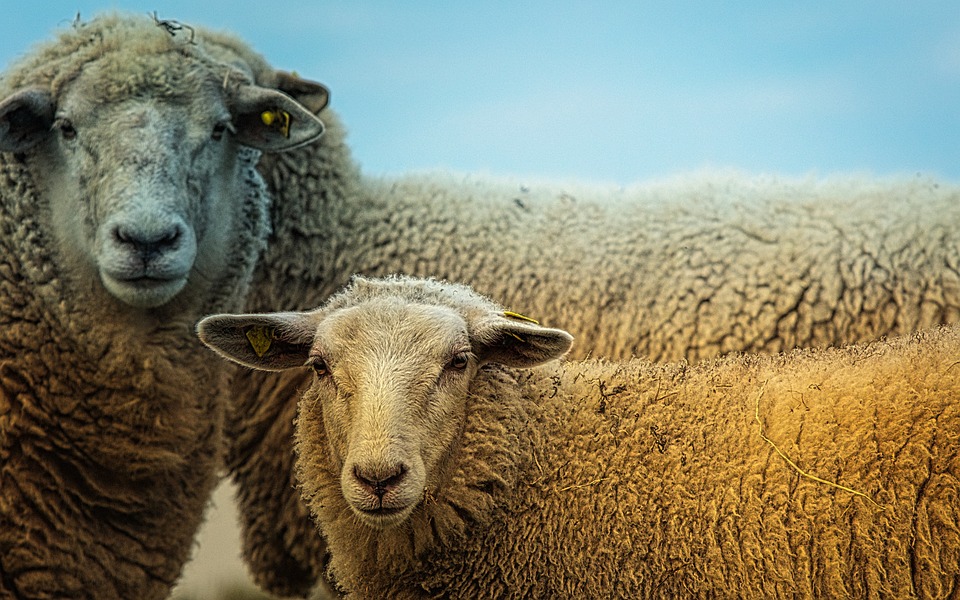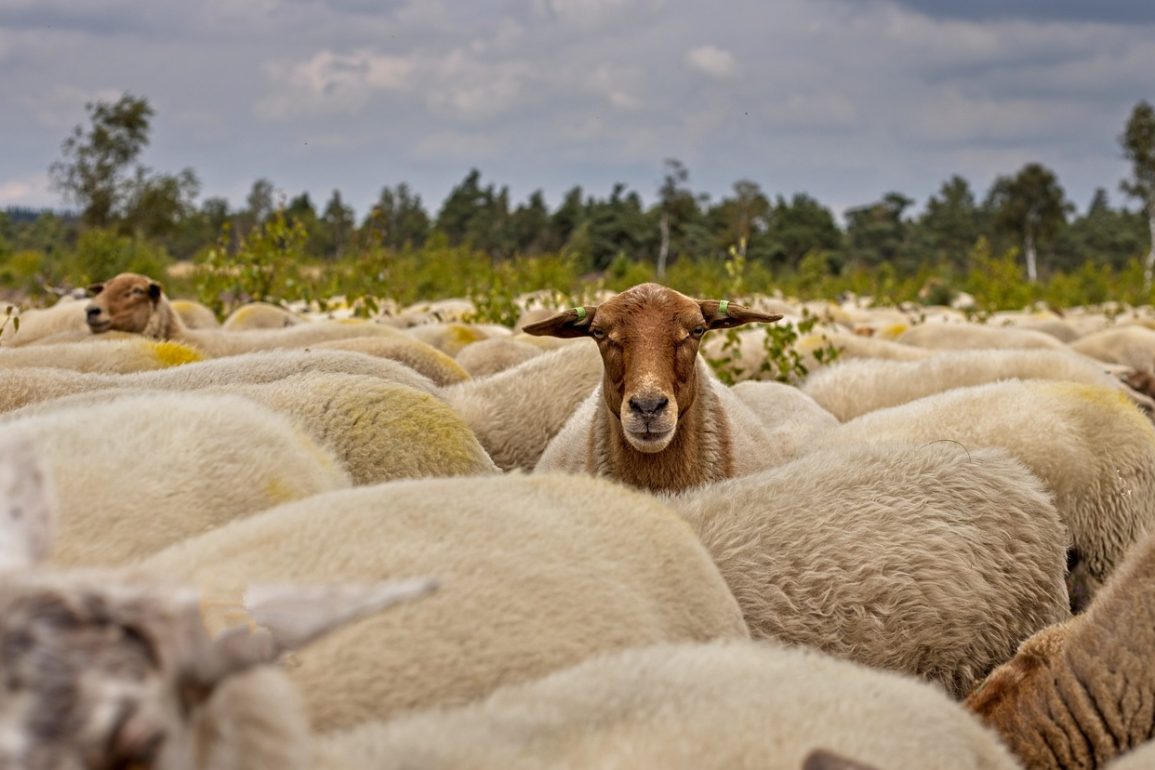Australia is currently facing a severe oversupply of mutton, causing prices to plummet and farmers to cull or give away their sheep.
According to Meat and Livestock Australia (MLA), mutton prices have dropped by 70% over the past year to just $1.23 per kilogram.
This decline is attributed to an increase in the sheep flock, which has reached 78.75 million—its highest level since 2007—due to favorable weather conditions over the past few years.
Tim Jackson, MLA’s global supply analyst, explains that above-average rainfall in sheep-producing regions like New South Wales and Victoria has encouraged farmers to retain more sheep than usual.

However, the recent shift to drier conditions, including the Australian Bureau of Meteorology’s driest September on record, has exacerbated the problem.
This prolonged dryness is expected to continue due to El Niño and a strong positive Indian Ocean Dipole, which will likely further diminish feed supplies.
Steve McGuire of WAFarmers notes that farmers are struggling with reduced profitability and excess sheep. While many would prefer to give away their sheep rather than cull them, there has been limited interest in the free animals.
This oversupply has not only driven down prices but also overwhelmed meat processing facilities, which are already operating below full capacity due to labor shortages.
Despite the drop in wholesale prices, the retail impact has been slow, though Woolworths Group has announced a 20% price cut on lamb products.
With Australia being a leading exporter of sheep meat, the global market is also feeling the pressure. However, some farmers are considering reducing their flocks by not mating ewes, which could eventually lead to a market shift from oversupply to undersupply.

